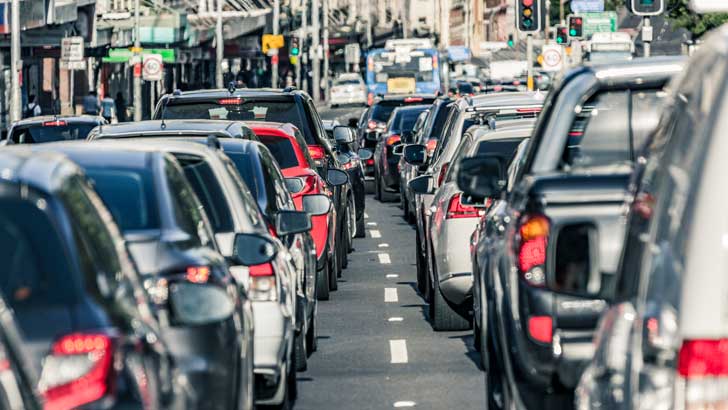The cost of commuting: how time on the train can mean financial gain
By Darren Snyder
Commuting to work on the train can be the difference between being above or below the average household when it comes to annual transport costs.
For this columnist, commuting on the train from the Central Coast to Sydney each weekday means my wife and I fall below the average household when it comes to spending on transport.
Australian Automobile Association (AAA) data from September 2018 suggests "typical city households" spend 14.4% of total income on transport. It's 12.7% for "regional households".
Given the Central Coast's proximity to Sydney, I've used the higher percentage as the benchmark.
And using some generous numbers (for example, commuting for 52 weeks instead of 48), I've estimated our household spends 12.1% of annual income on transport - or about $8000 less than the Australian average.
However, if I was to drive to Sydney each weekday it would add, at the very least, another $6000 to the annual transport bill. This is just for parking, let alone fuel and additional car costs, which collectively would bring us closer to the "typical city household".

Comparison website finder.com.au suggests Australians spend $150 billion on transport every year.
The AAA report says families spend an average of $18,221 on annual transport costs, or more than $1500 a month.
Car loans, fuel and tolls accounted for about 70% of these costs. Public transport, registration and licensing, servicing and tyres, insurance and roadside assistance rounded out the remaining 30%.
For this weekly train commuter, the percentages are almost flipped (65% for public transport and 35% for the car).
What the report doesn't account for is how much can be gained (both financial and non-financial) by using public transport.
The 3.5 hours spent commuting on the train - this is to and from the Central Coast to Sydney each weekday - doesn't just save thousands of dollars.
It can allow me to often get ahead by reading and responding to emails, writing and editing news stories and reading the latest news.
It can also allow for extra sleep, listening to music or catching up on my YouTube subscriptions - all of which might save time at work or home. That's something travelling by car just couldn't buy.
Get stories like this in our newsletters.



